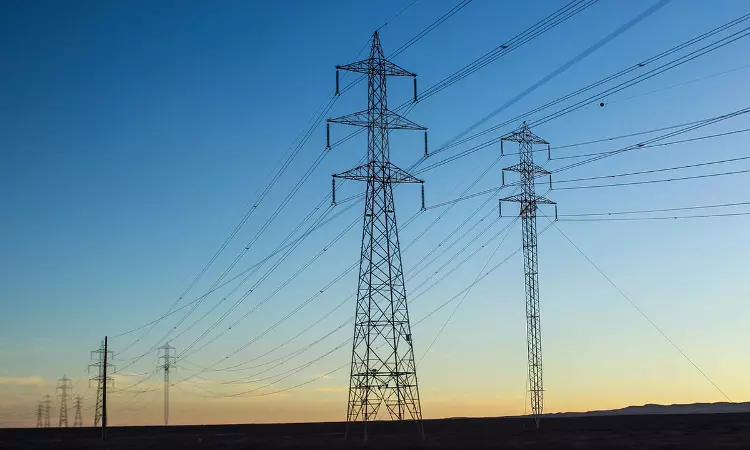Electricity Tariff: Kerala High Court Strikes Down Regulation Imposing KSEB Pension Liability On Consumers
Navya Benny
11 Sept 2023 1:47 PM IST

Next Story
11 Sept 2023 1:47 PM IST
The Kerala High Court has held that electricity tariff charged from consumers will not include the amount allocated to the Master Trust, pension fund of Kerala State Electricity Board employees.Single Bench of Justice Murali Purushothaman struck down Regulation 34 (iv) of the the Kerala State Electricity Regulatory Commission (Terms and Conditions for Determination of Tariff) Regulations,...
